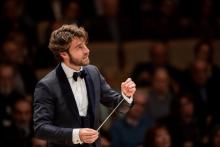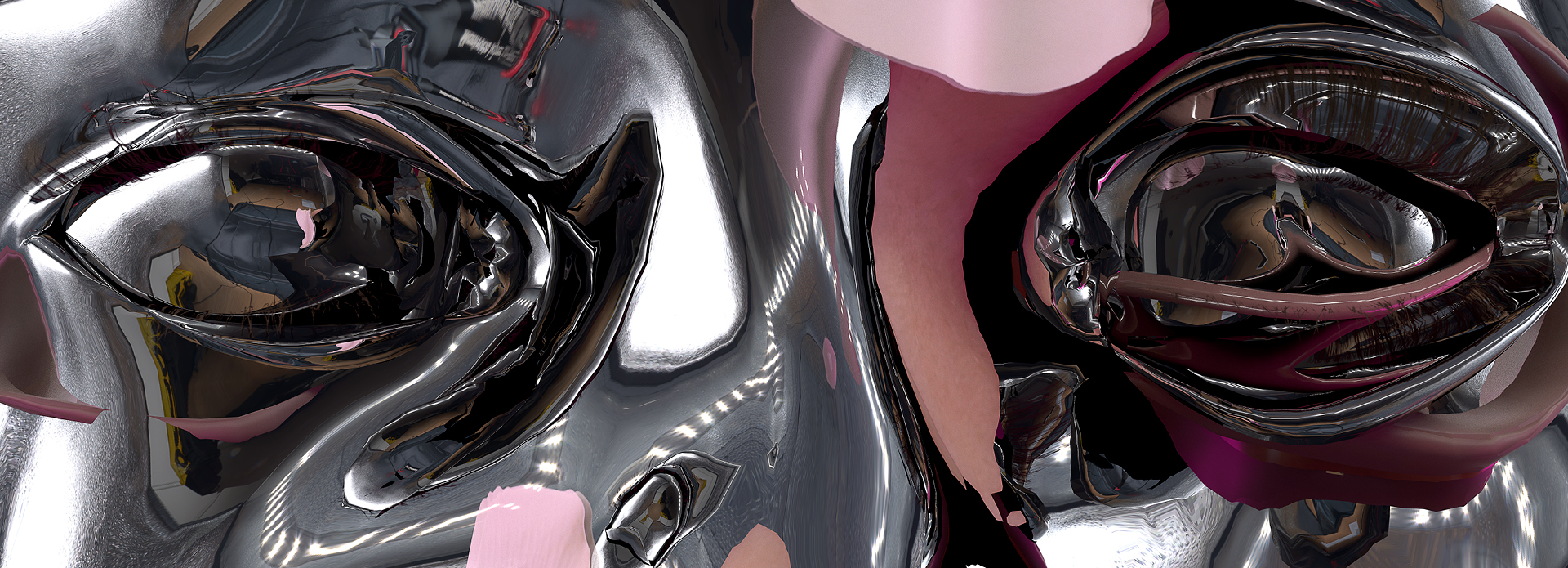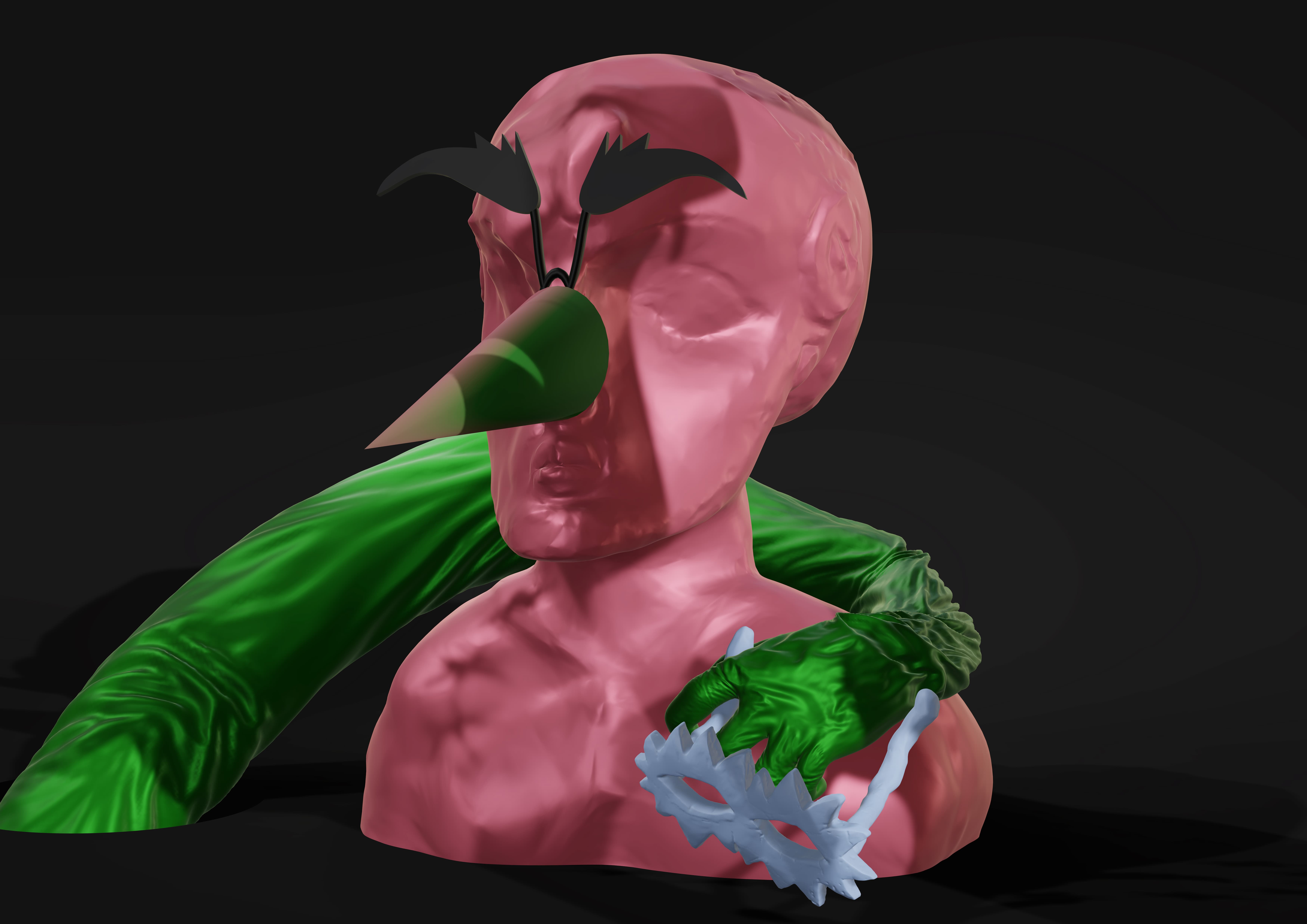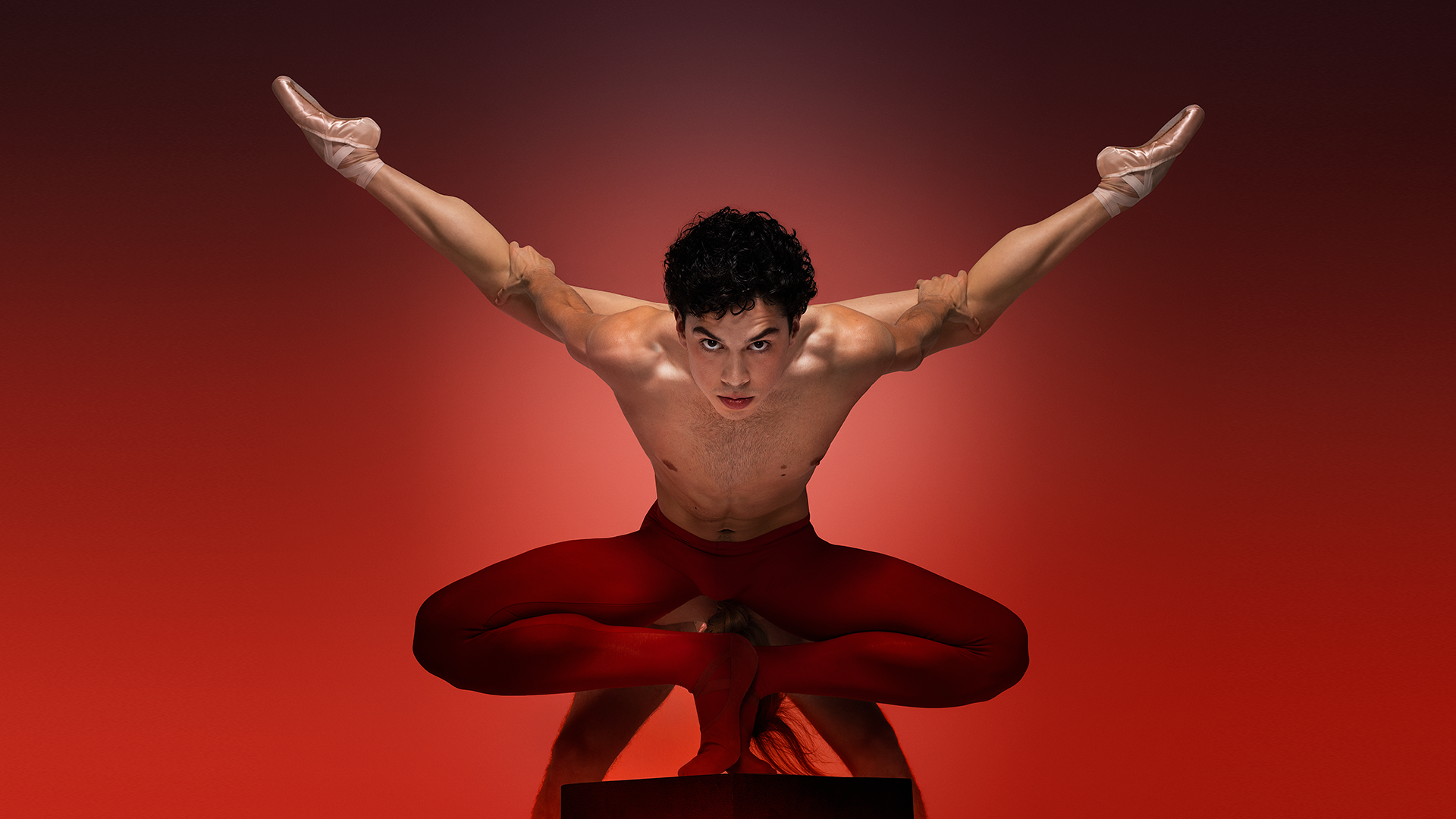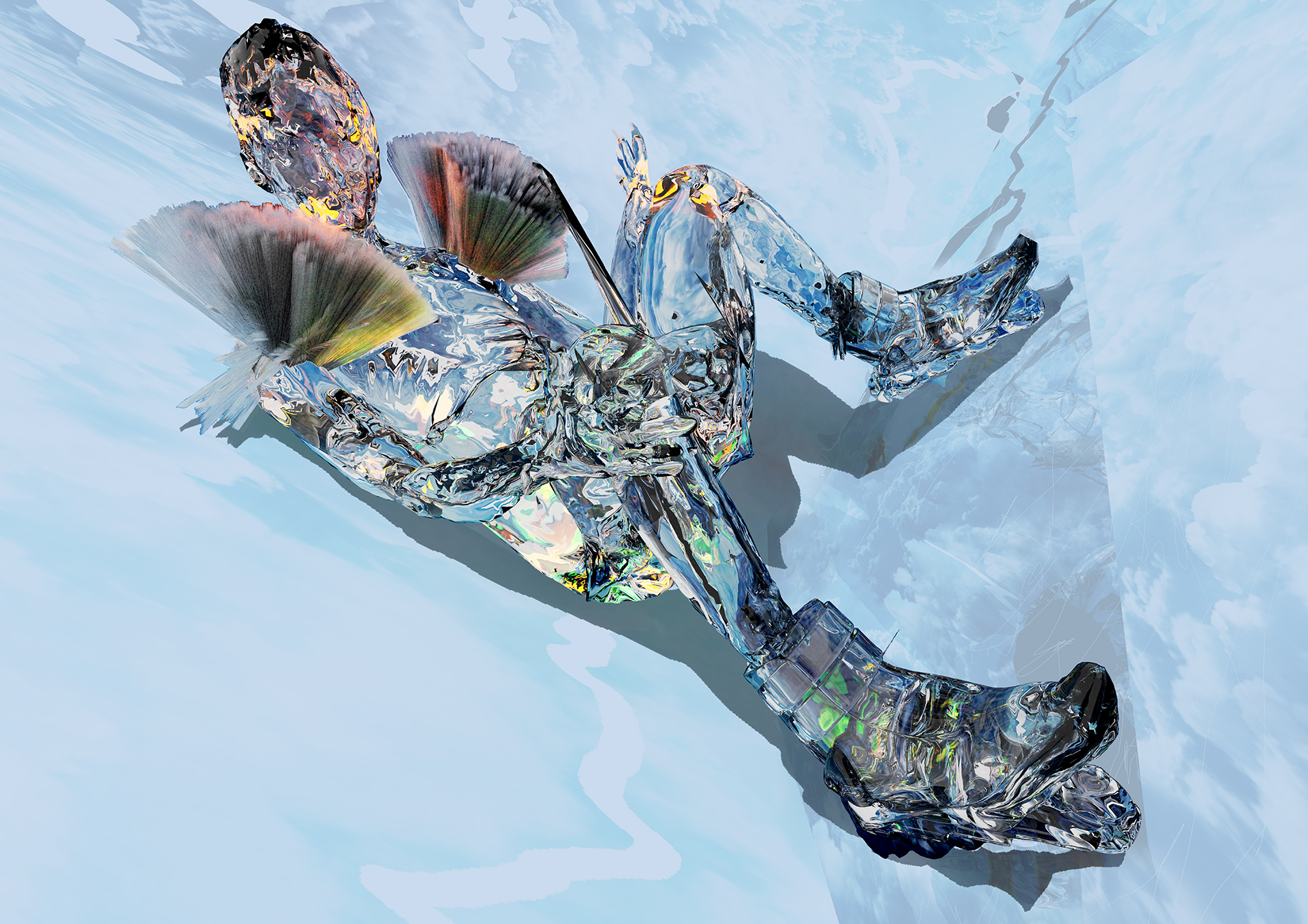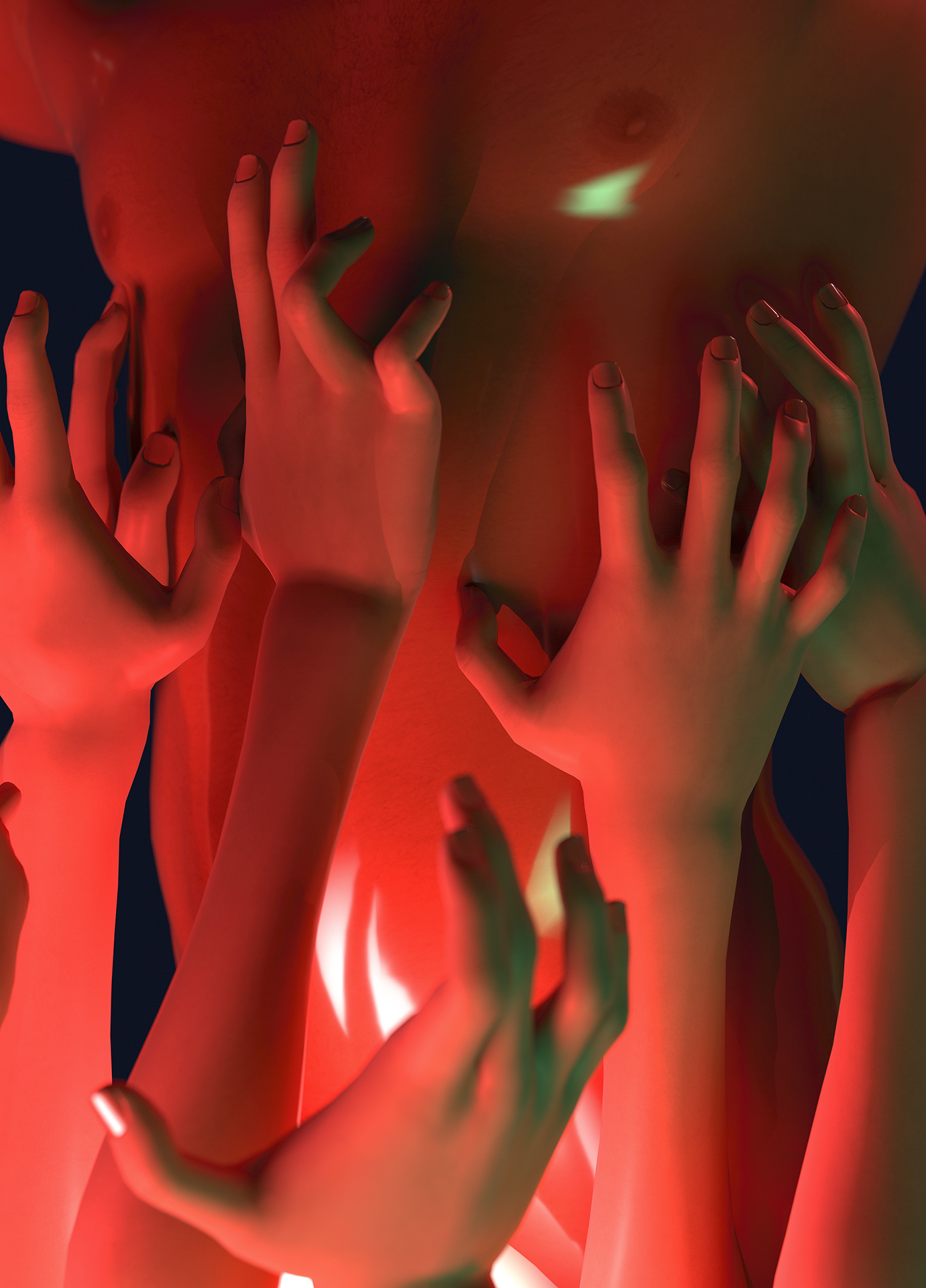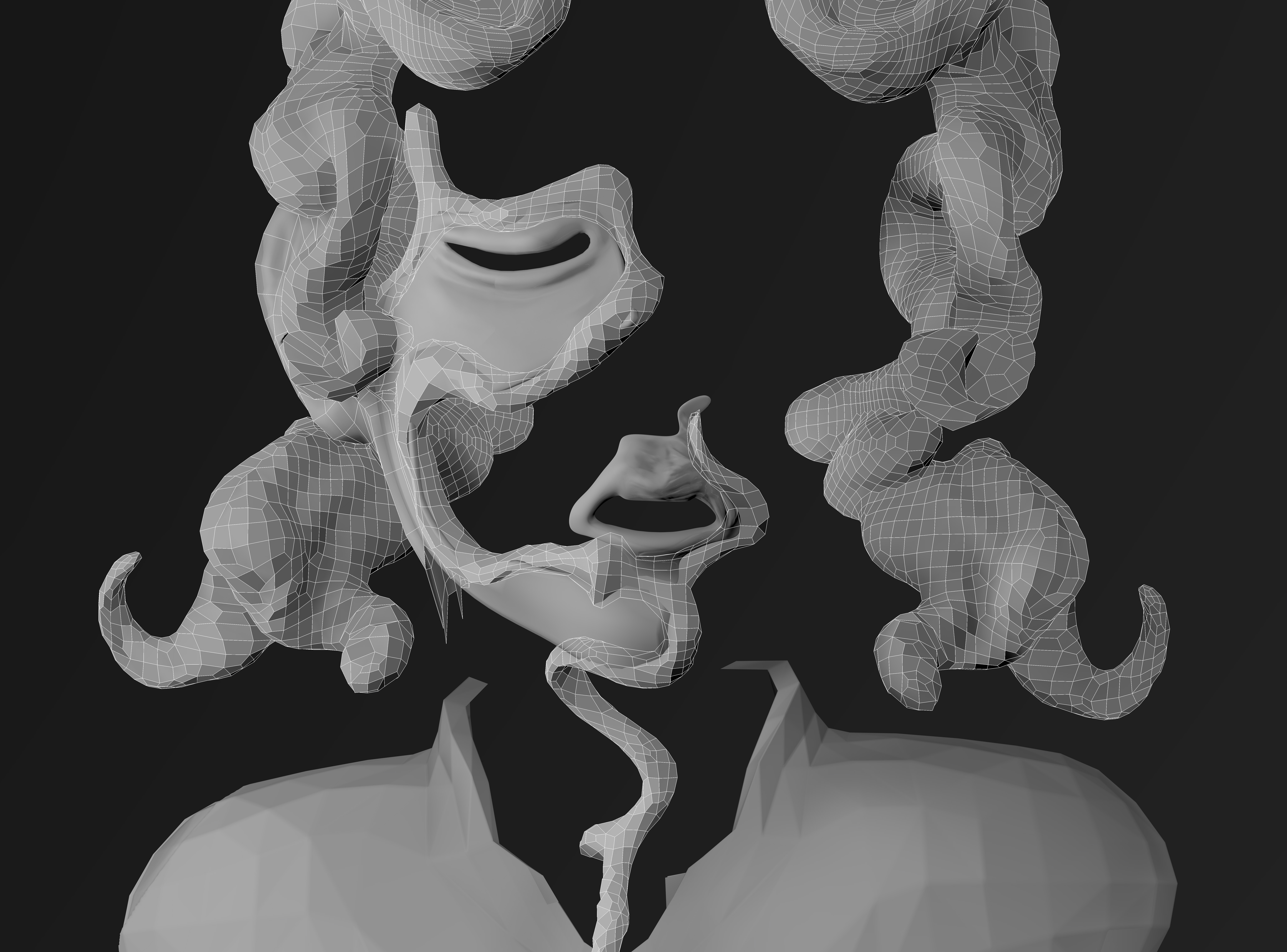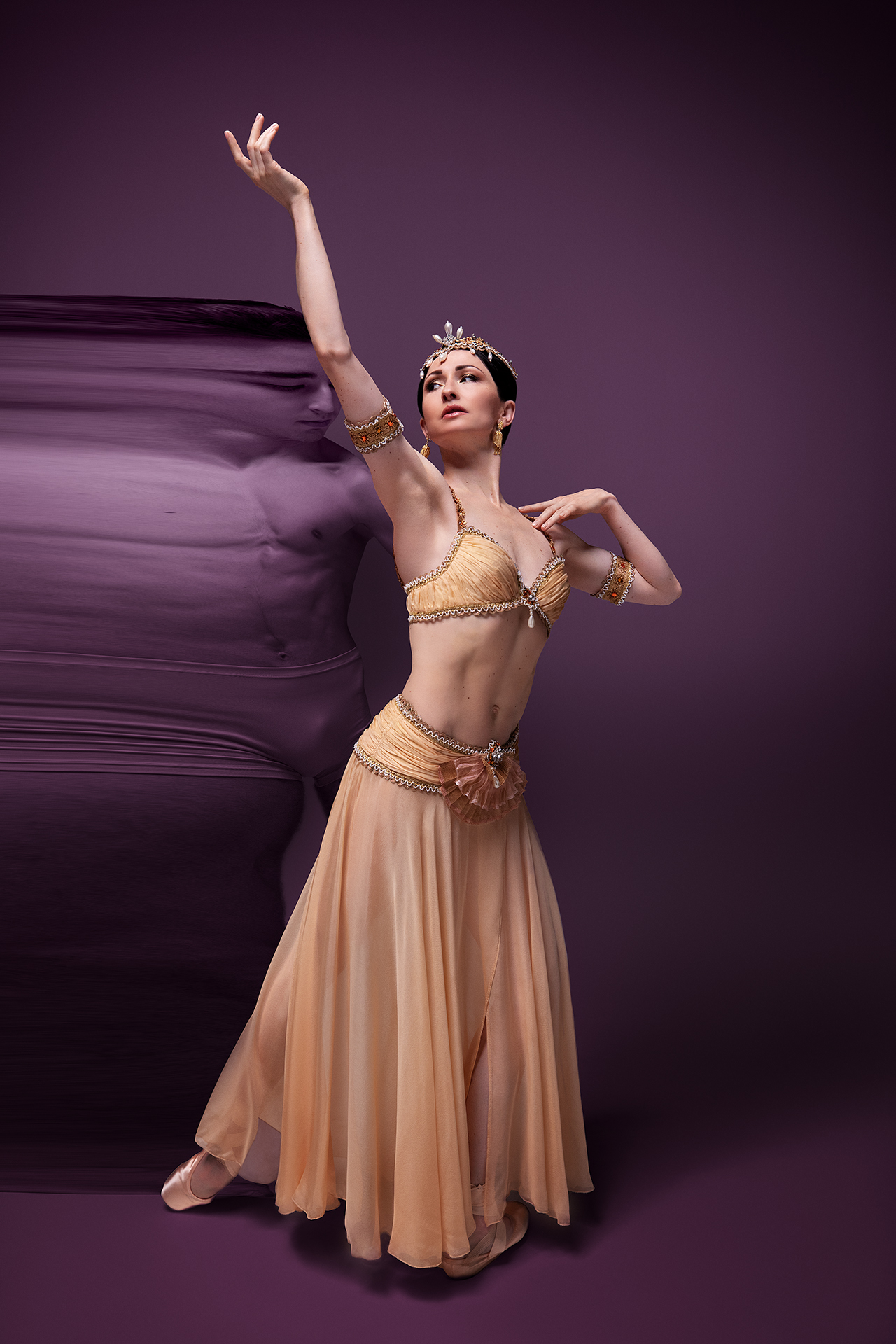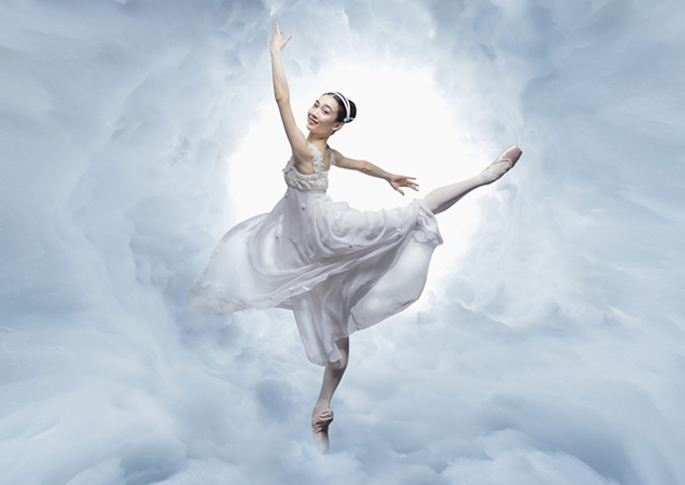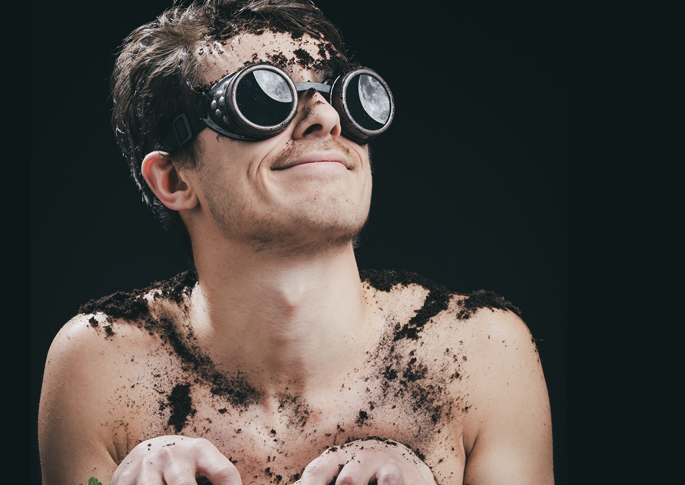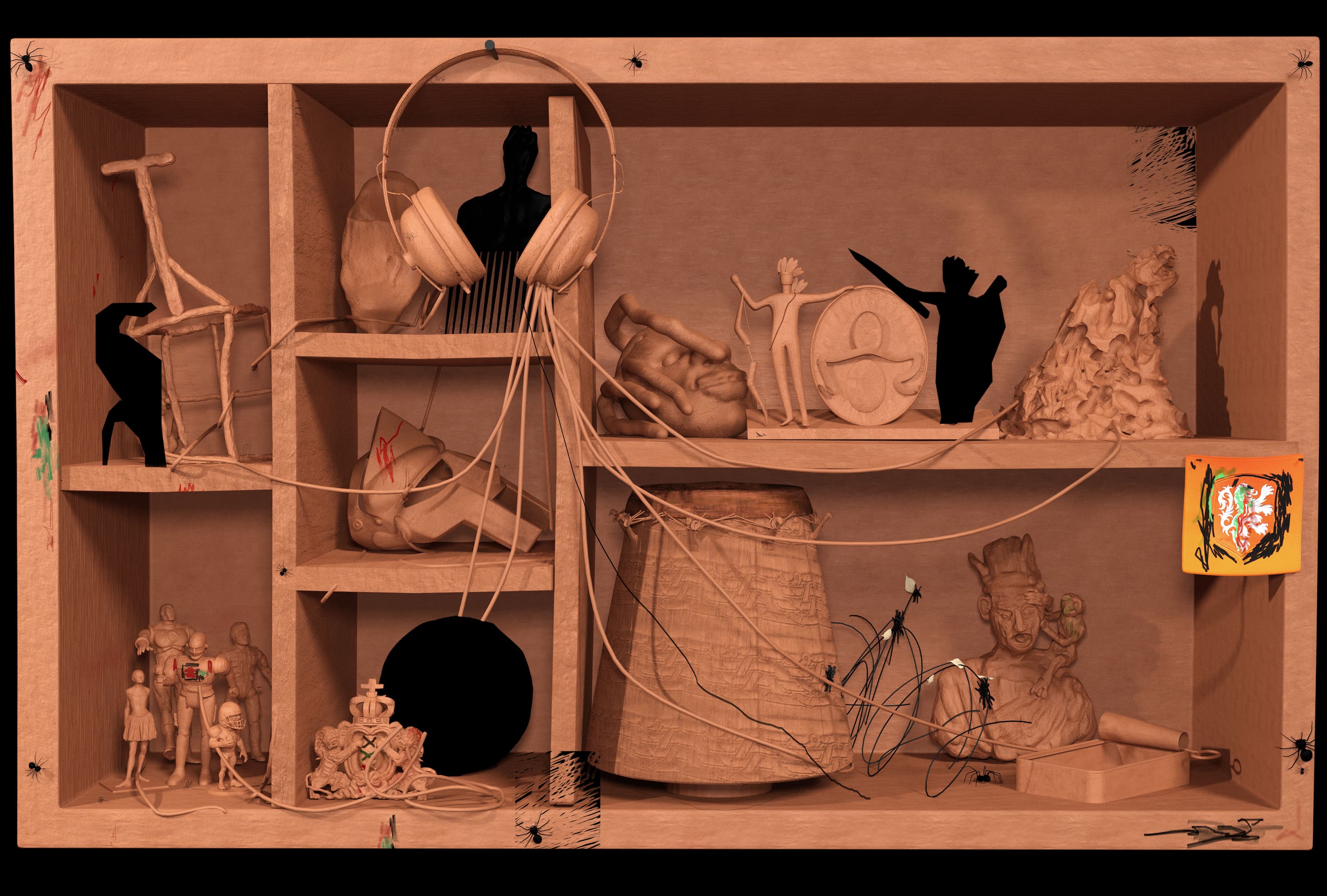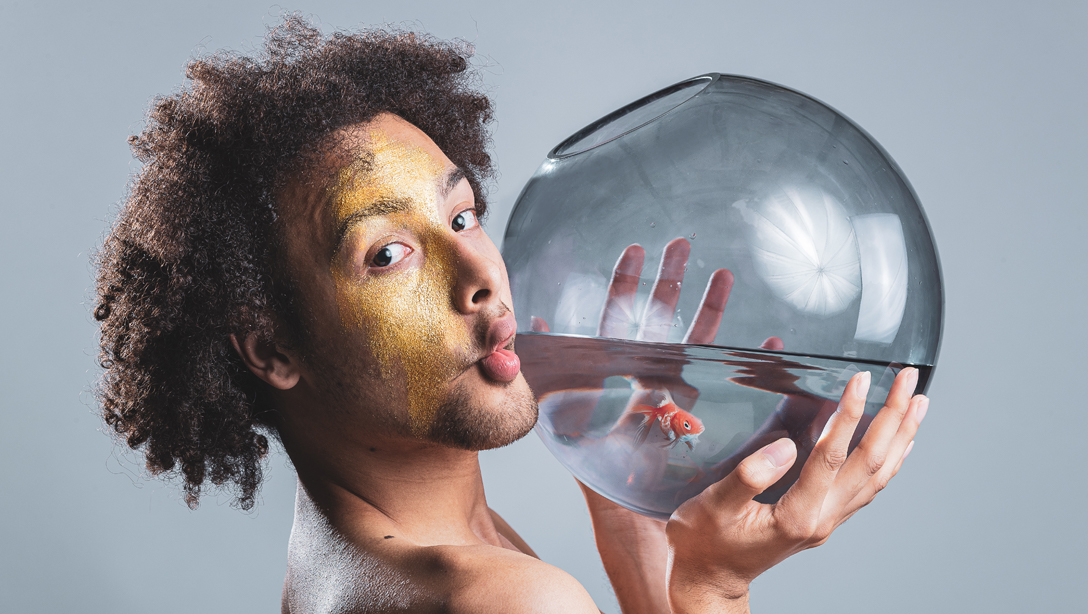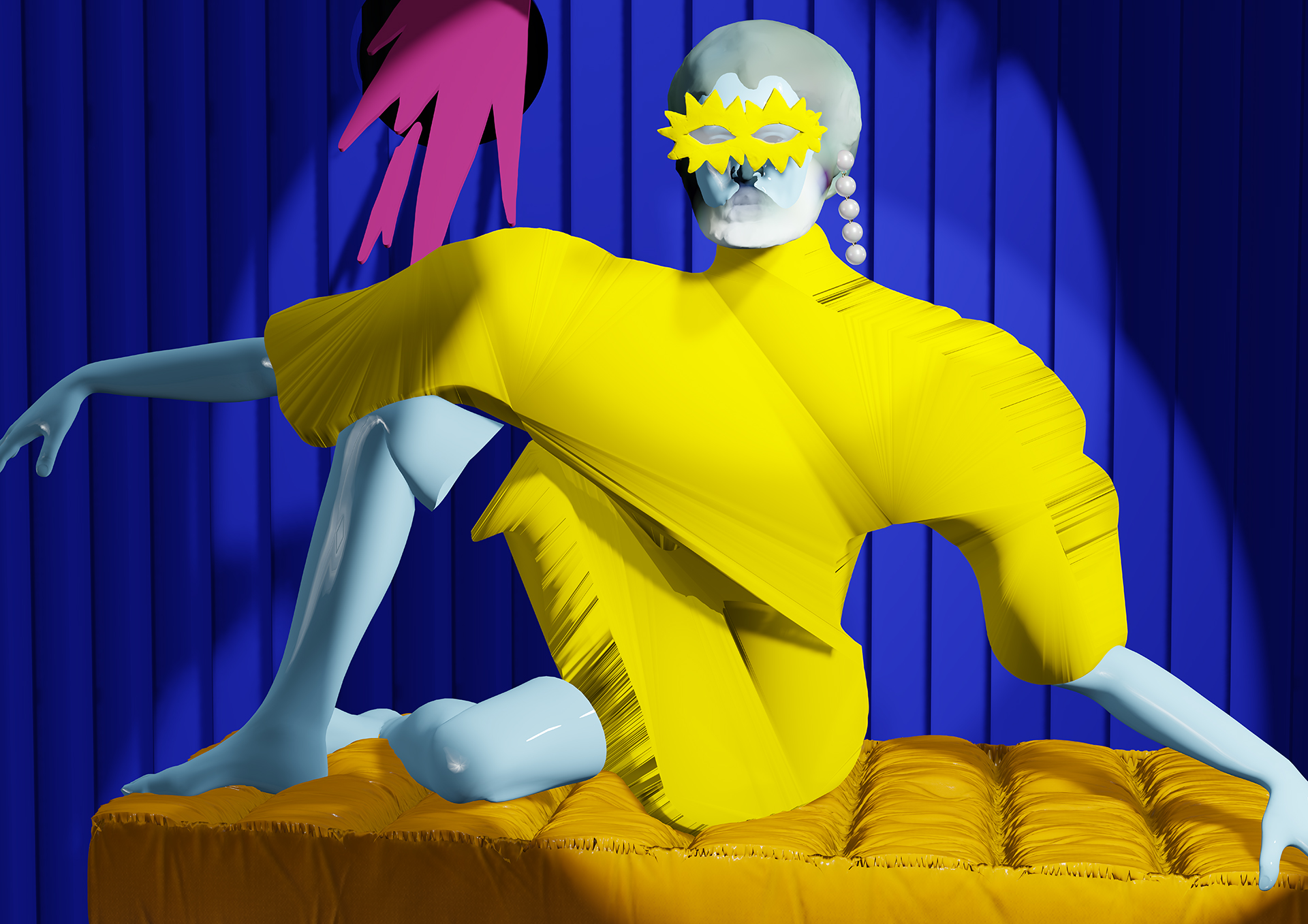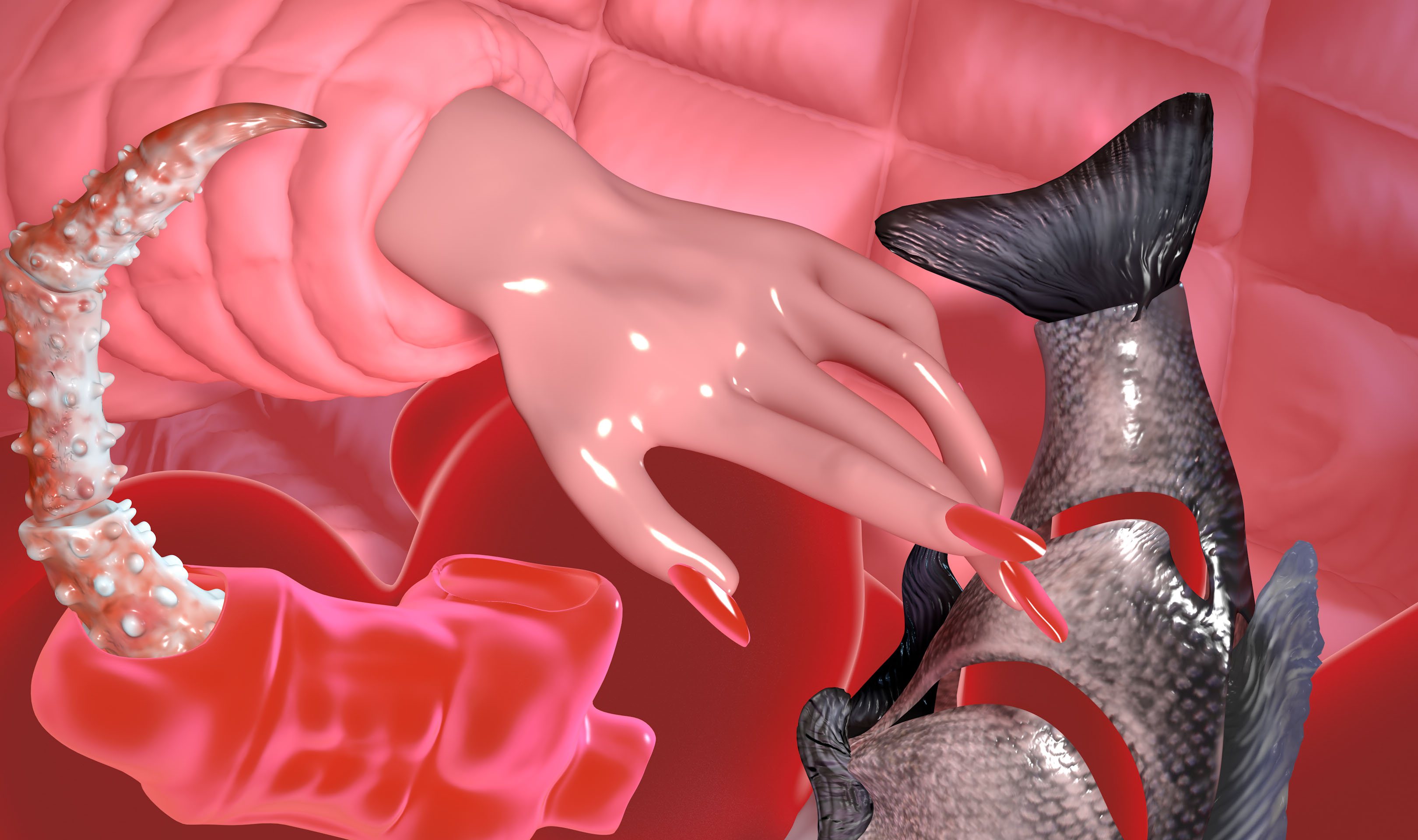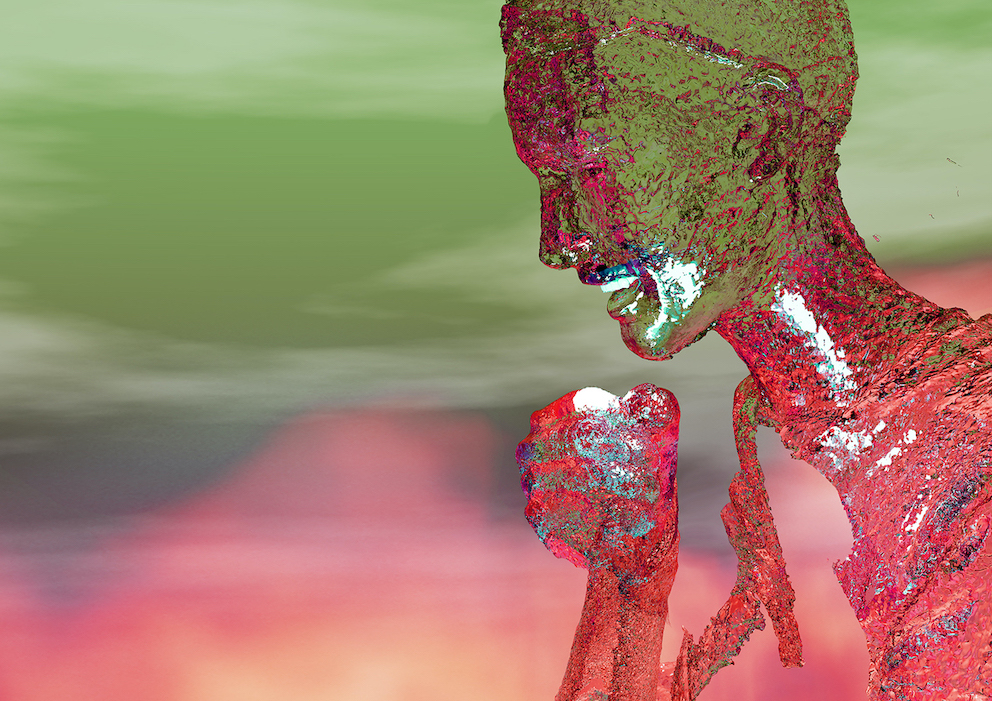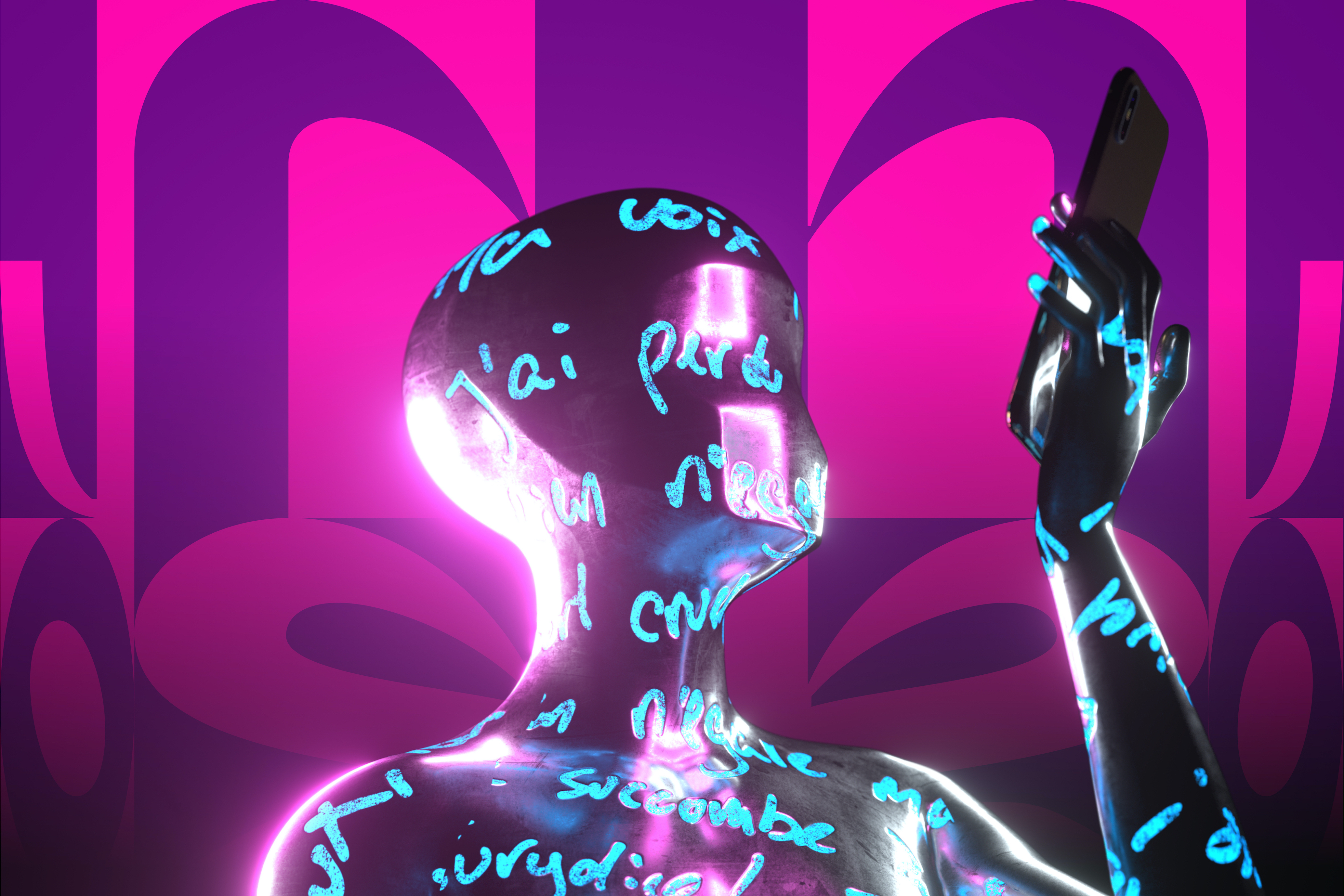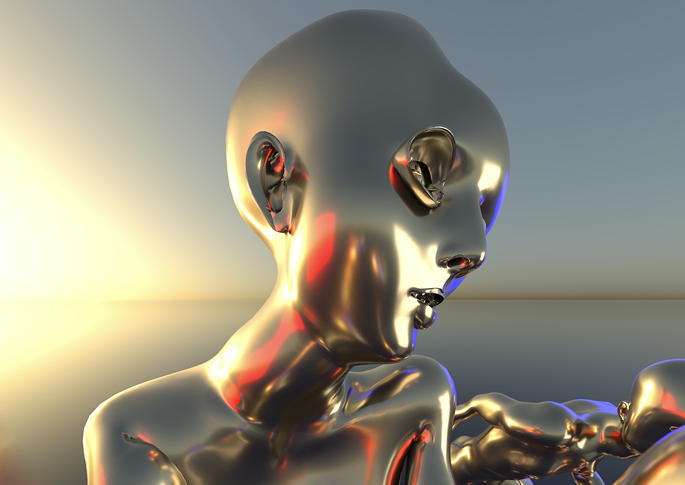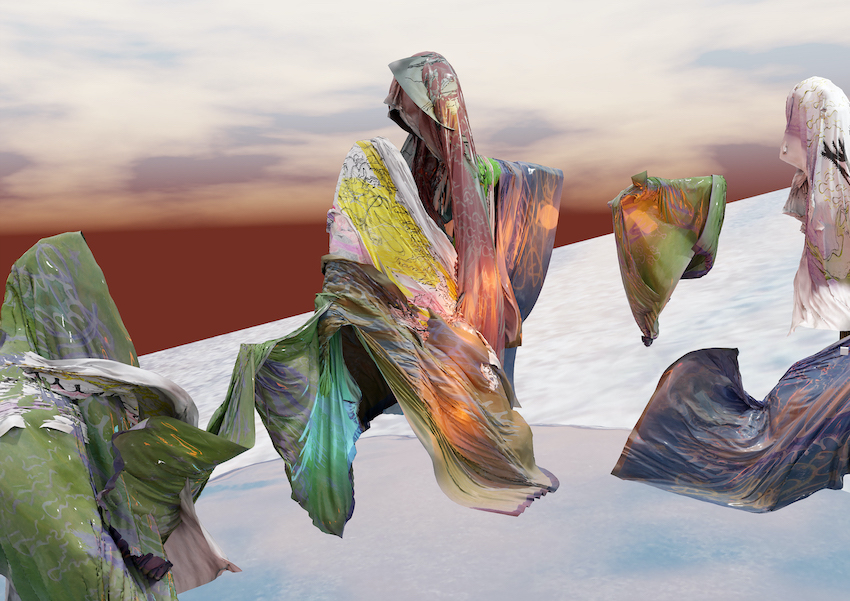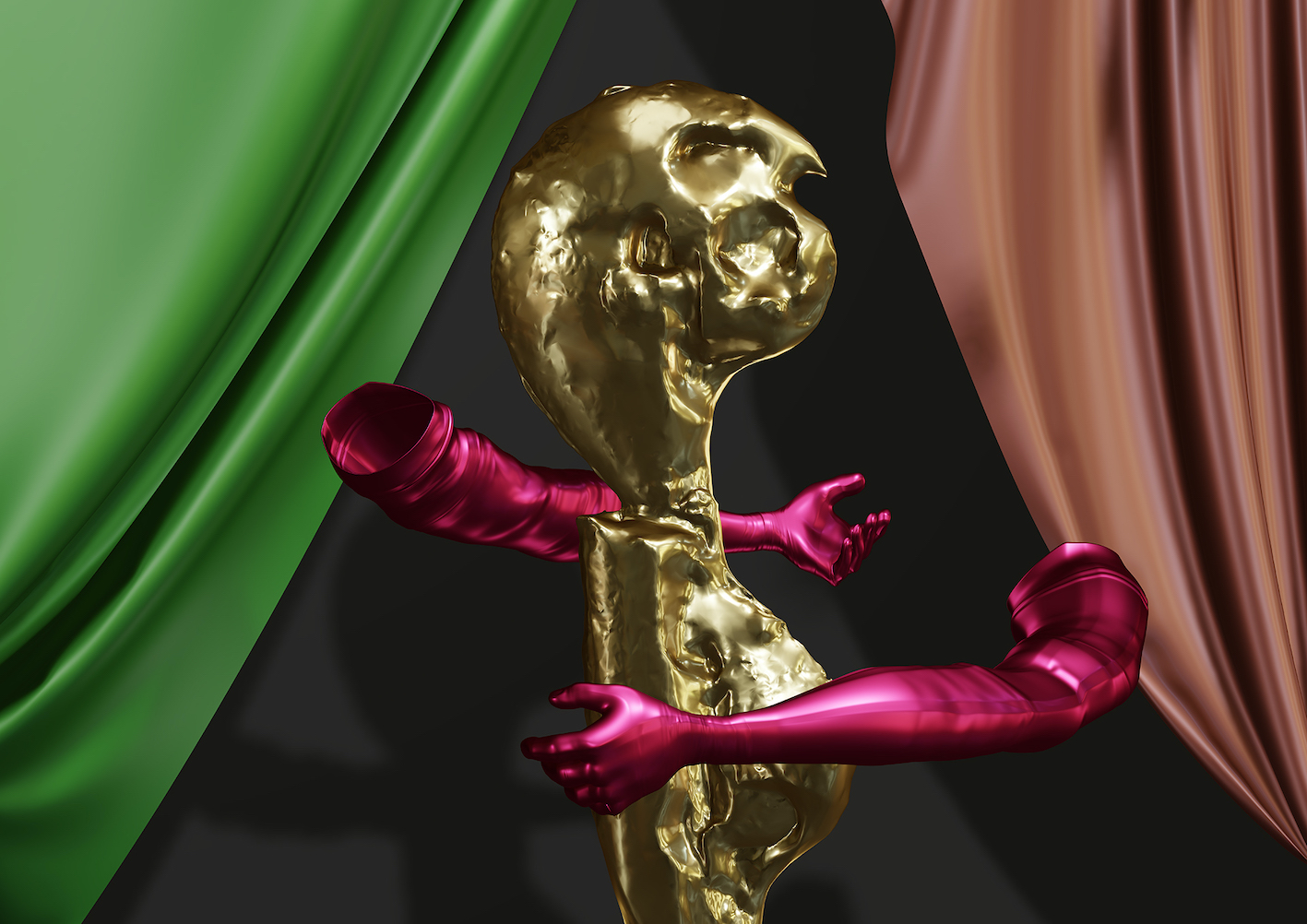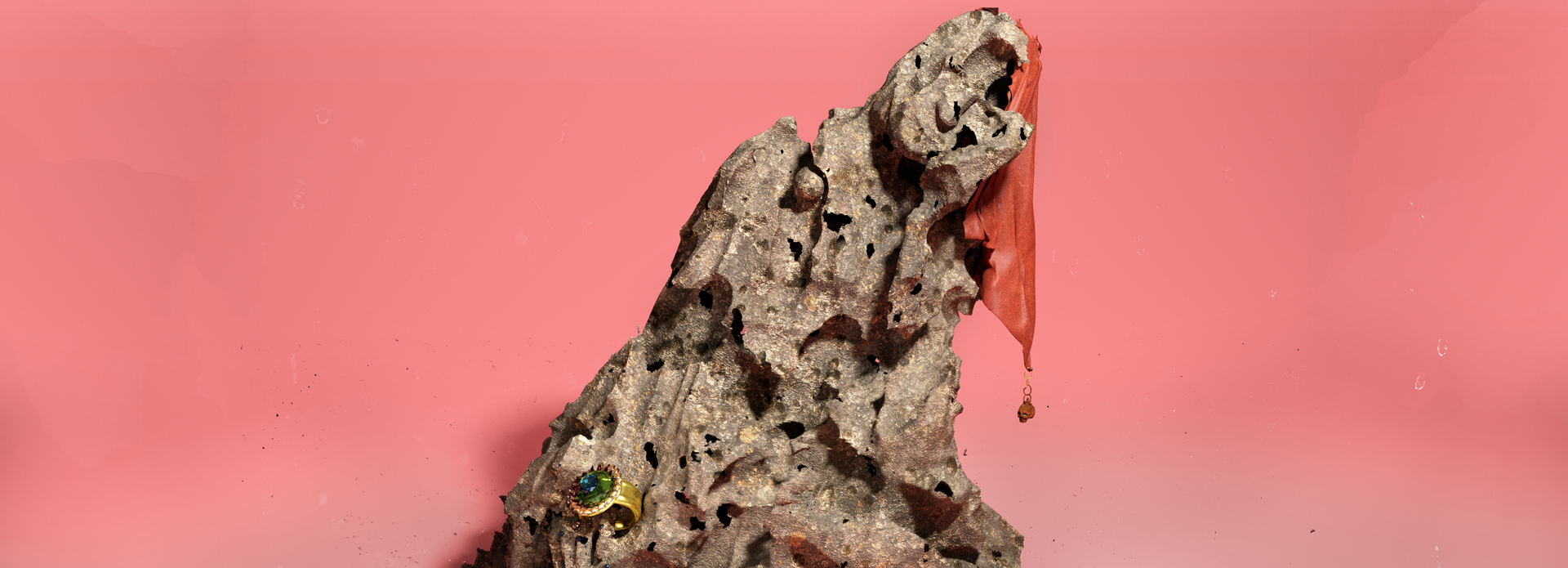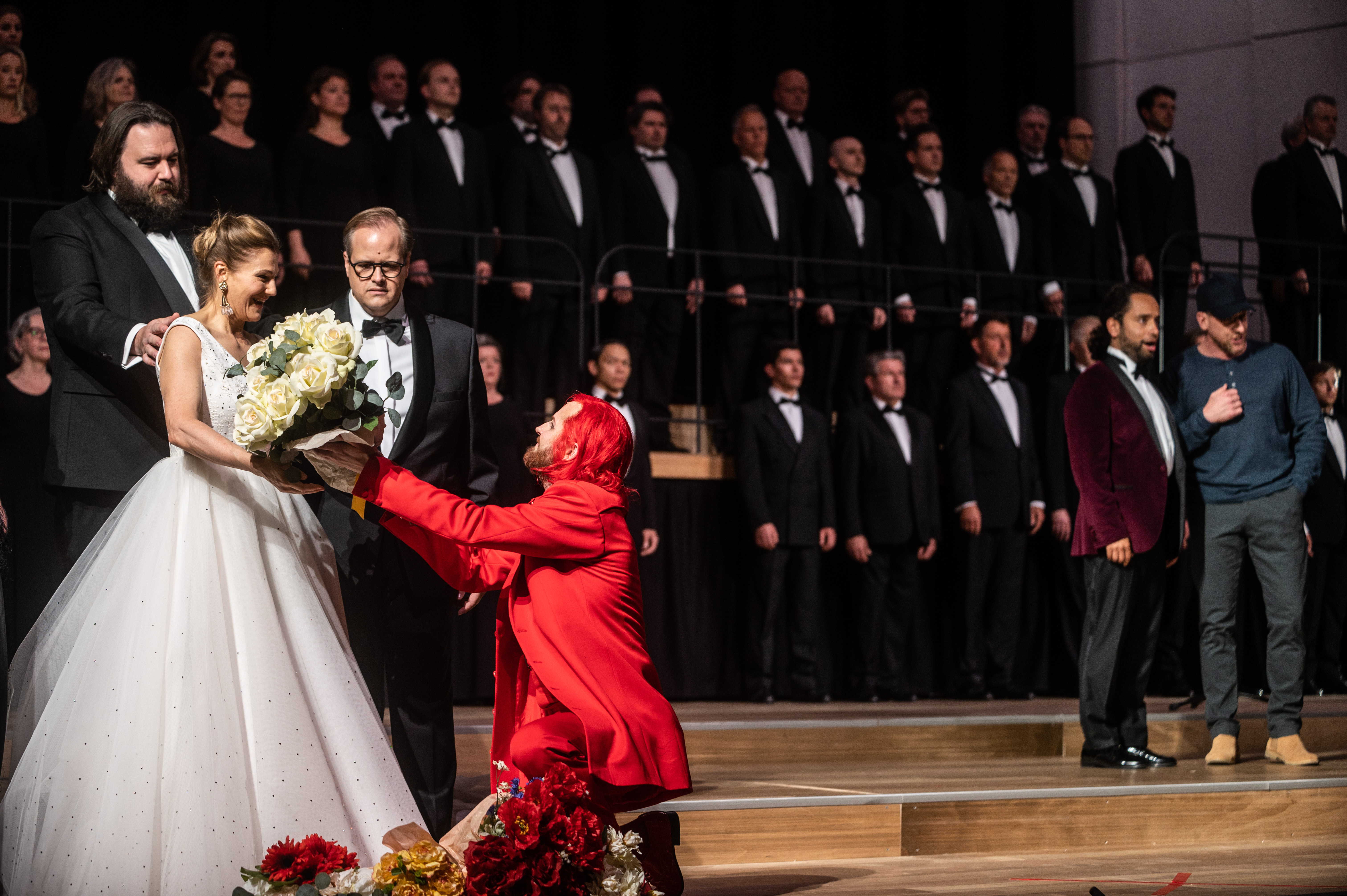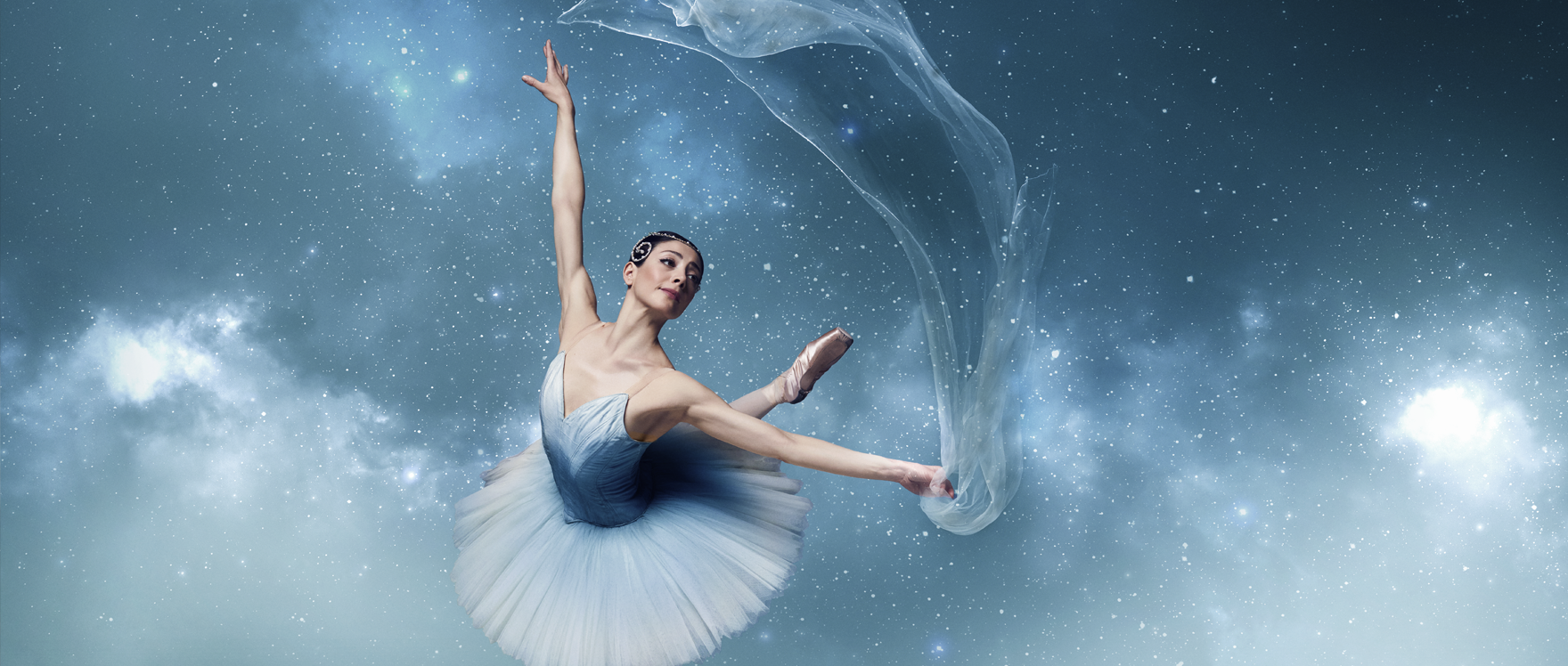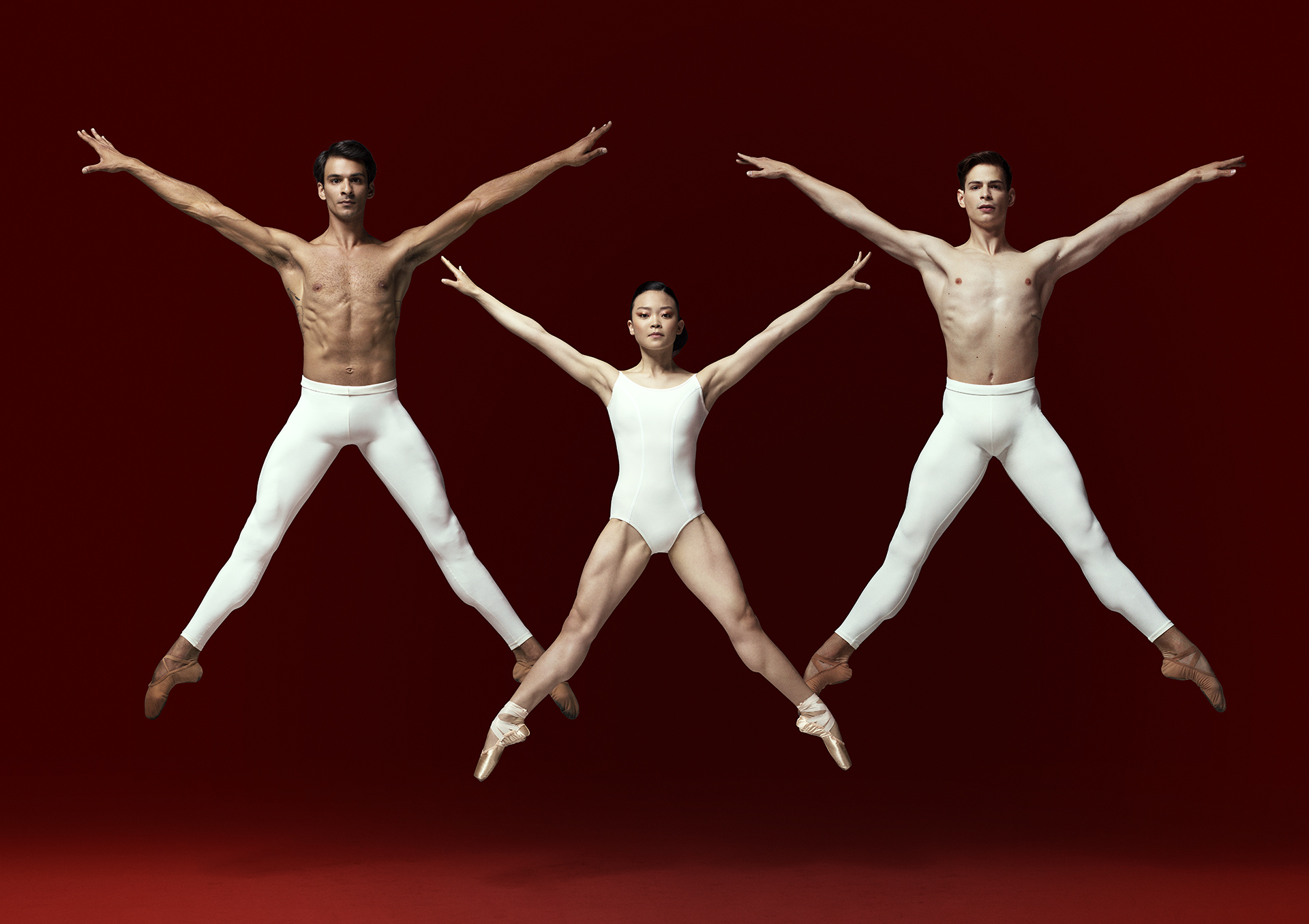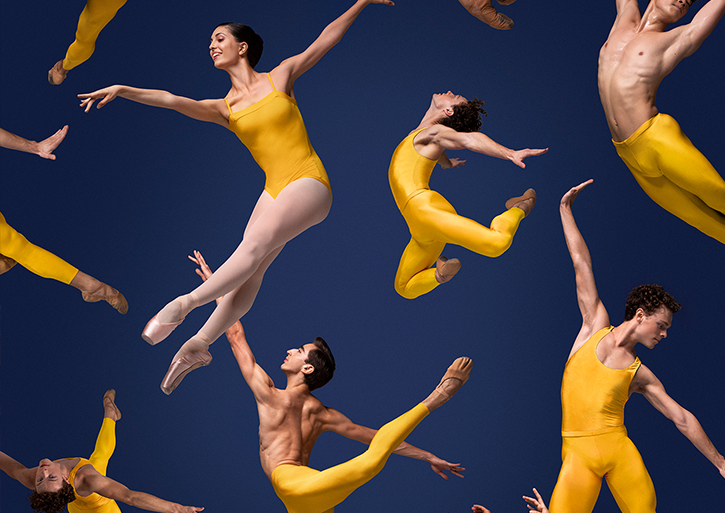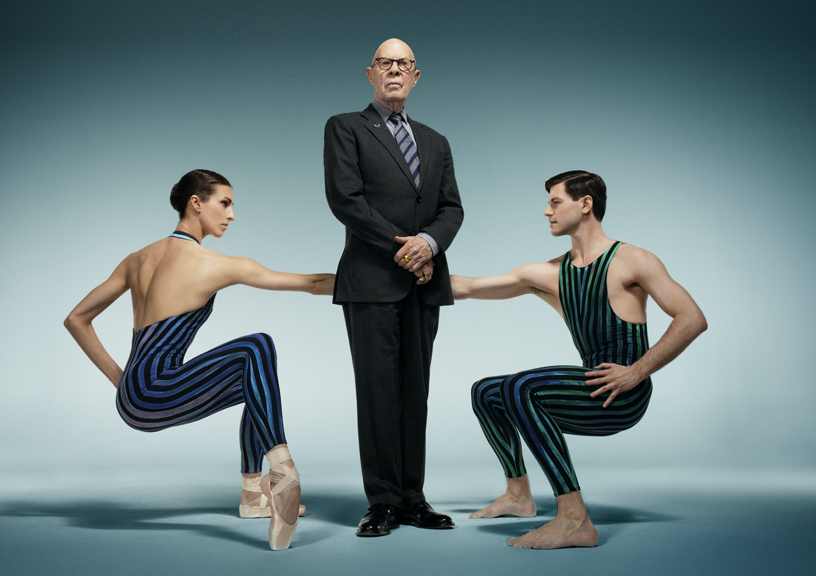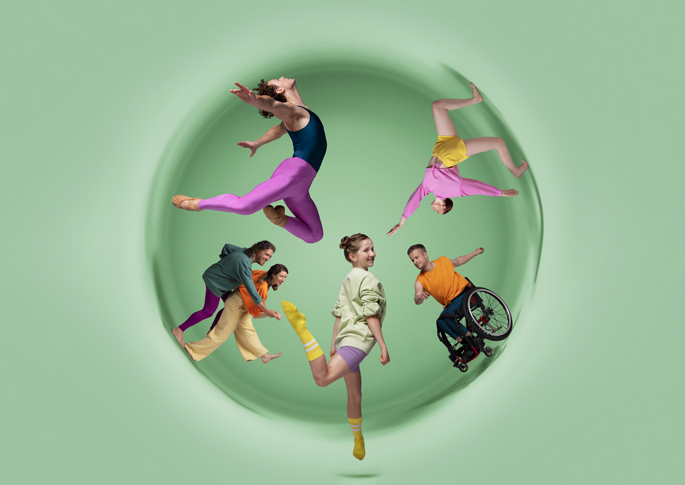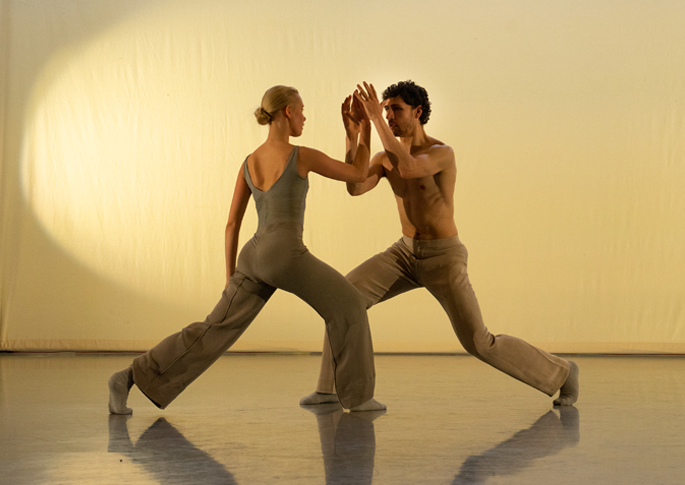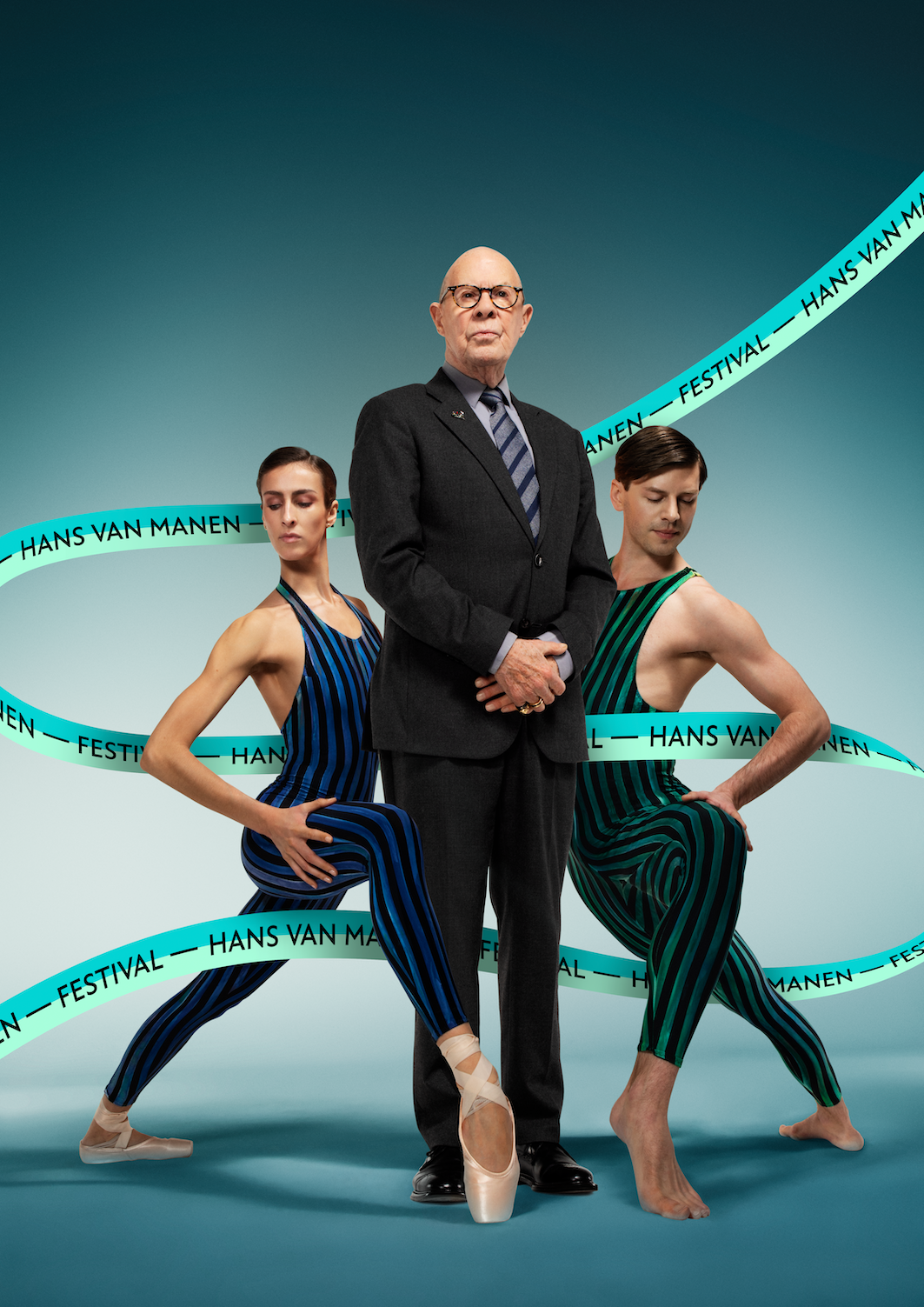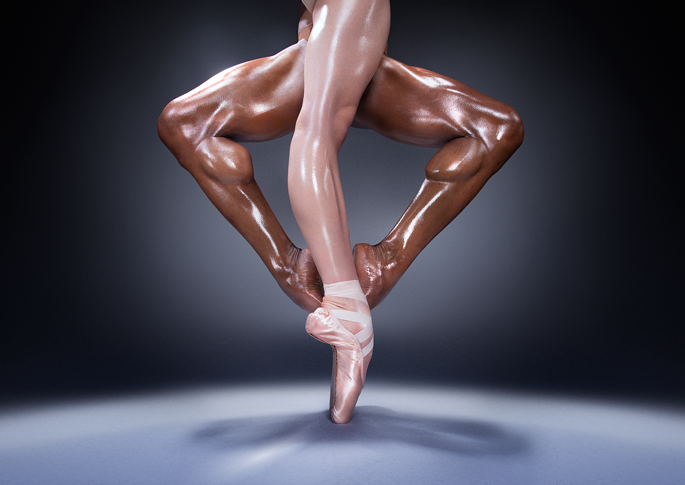In many ways the upcoming opera season will be a time of new beginnings, as represented not only by Lorenzo Viotti starting his tenure as chief conductor but also by the great variety of projects on the programme. In the words of DNO director Sophie de Lint: ‘More than ever, we’re committed to exploring the urgency of opera.’
In many ways the upcoming opera season will be a time of new beginnings, as represented not only by Lorenzo Viotti starting his tenure as chief conductor but also by the great variety of projects on the programme. In the words of DNO director Sophie de Lint: ‘More than ever, we’re committed to exploring the urgency of opera.’
This outlook can be seen in the two productions with which Maestro Viotti opens the season, conducting ‘his’ Netherlands Philharmonic Orchestra. ‘The season will begin with Zemlinsky’s Der Zwerg, an absolute masterpiece, directed by renowned Dutch film and theatre director Nanouk Leopold. This will be her first foray into opera. It’s an impressive work that succeeds in marrying the power of opera to an urgent, deeply human theme: how do we treat others?’
Haydn’s Missa in tempore belli will be presented during the same period. This will not be a purely musical version of this special mass, but rather a full-scale production that unites different artforms. ‘Both projects exemplify Lorenzo’s passion for collaboration and for building bridges. Besides putting on Der Zwerg, his dream was to bring together the Chorus of Dutch National Opera and the dancers of Dutch National Ballet on stage. With director Barbara Horáková, choreographer Juanjo Arqués and electronic composer Janiv Oron, he invites these different artforms to enter into a thrilling dialogue.’
Later in the season Lorenzo Viotti will also conduct a new production of Puccini’s Tosca. ‘This highly dramatic opera kicks off a three-year Puccini cycle, overseen by Maestro Viotti and celebrated opera director Barrie Kosky, who is one of the strongest, most exciting and most surprising storytellers in opera. His Tosca will be a true “opera noir”.’
Flexible programming
The focus on renewal and innovation is also a product of the need to come up with alternative programming during the COVID-19 pandemic. Programmes had to be assembled with the utmost flexibility, at very short notice ‘This has given us new insight. Normally, a complete season is planned three or four years in advance. This is necessary when you’re dealing with major international opera productions. Yet this can sometimes limit your scope for addressing current events and giving voice to artists in the Netherlands. That’s why we want to continue to create space for projects and experiments that can take place at much shorter notice. This way we can arrange our programming so as to be even more responsive to current events and social issues.’
Film
The focus on renewal and innovation is also a product of the need to come up with alternative programming during the COVID-19 pandemic. Programmes had to be assembled with the utmost flexibility, at very short notice ‘This has given us new insight. Normally, a complete season is planned three or four years in advance. This is necessary when you’re dealing with major international opera productions. Yet this can sometimes limit your scope for addressing current events and giving voice to artists in the Netherlands. That’s why we want to continue to create space for projects and experiments that can take place at much shorter notice. This way we can arrange our programming so as to be even more responsive to current events and social issues.’
New voices and stories
The future of opera depends on being open to new and different stories. ‘The family opera Anansi, a co-production with Dutch National Ballet, is a good example of this. The stories of the wily spider Anansi found their way to the Netherlands through our colonial past. The music is by the South African composer Neo Muyanga, who is working with different artists from the Netherlands, including librettist Maarten van Hinte, director Kenza Koutchoukali and choreographer Shailesh Bahoran. This family opera, which will be presented on our main stage, is a co-production with Cape Town Opera. This project marks an important moment for our company in many ways.’
Orpheus
The myth of Orpheus, in which a singer experiences love and loss, has been part of the history of opera since its earliest days. ‘This story goes to the heart of what opera is all about and the unique emotional impact of this artform. The myth returns this season in three totally different projects.’ In January conductor Raphaël Pichon and director Romeo Castellucci will revisit opera’s origins. ‘Under the title of Le lacrime di Eros they’re developing a production set to Florentine music from around 1600, by Caccini, Peri, Monteverdi and others, in dialogue with contemporary electronic composer Scott Gibbon. It’s a special work that shows how love and death are intertwined.’
Orpheus will also have a strong presence in the Opera Forward Festival 2022. ‘The world premiere of Manfred Trojahn’s new opera Eurydice – Die Liebenden blind will open the festival, under direction of an artist who has tackled this myth more than once in our theatre: Pierre Audi. Parallel to that, we will present Orphee | L’Amour | Eurydice, an immersive opera which incorporates elements of virtual reality, directed by the young Dutch multidisciplinary artist Robin Coops. This project, which is the result of a close collaboration with the Nederlandse Reisopera and Opera Zuid, will also tour the country.
Talent and new forms of opera
The opera Denis & Katya by Philip Venables and Ted Huffman, with young singers from the National Opera Studio in the leading roles, and a new production by Lisenska Heijboer Castañón and Manoj Kamps are also in the programme as part of the Opera Forward Festival 2022. ‘In their successful production FAUST [working title], Lisenka and Manoj sought out new forms of collaboration and co-creation in opera, and this resulted in a remarkable piece of theatre. We want to continue down this path with them in the new season.’
The classic repertoire
Alongside these exciting, innovative projects, there’s still room for the classics, of course. ‘We’re trying to strike a good balance between the established repertoire and new discoveries. Donizetti, Verdi, Puccini, Mozart, Richard Strauss – they’re all in this season, in productions by cutting-edge artistic teams. I’m particularly looking forward to La Traviata by Tatjana Gürbaca. She’s one of the most exciting directors of the moment, and her production will explore the human condition in a way that will surely move us.’
The season will also feature the start of a Donizetti cycle, with conductor Enrique Mazzola and director Jetske Mijnssen, along with a top-flight cast, including star soprano Marina Rebeka.
True to tradition, the season will close with a production that will be part of the Holland Festival: Der Freischütz by Carl Maria von Weber. ‘It’s a work that rarely gets performed in the Netherlands. It will be directed by the celebrated Russian film, theatre and opera director Kirill Serebrennikov. He and conductor Riccardo Minasi, together with the Royal Concertgebouw Orchestra, will guarantee an unexpected and exciting interpretation.’
Campaign images
When it came time to design the poster art for the new season, Sophie de Lint chose to collaborate with young artists. ‘This is in keeping with our ambition to engage with other artforms and disciplines. I also think it’s important to give young, recent arts graduates in the Netherlands a platform for their talents, especially now. We’ve opted to use digital sculptures, because this is a form that opens up fascinating new worlds and possibilities. I’m very enthusiastic about the first creations by Caz Egelie, Paula Garcia Sans and Tobias Groot, and I’m looking forward to seeing their future work!’

